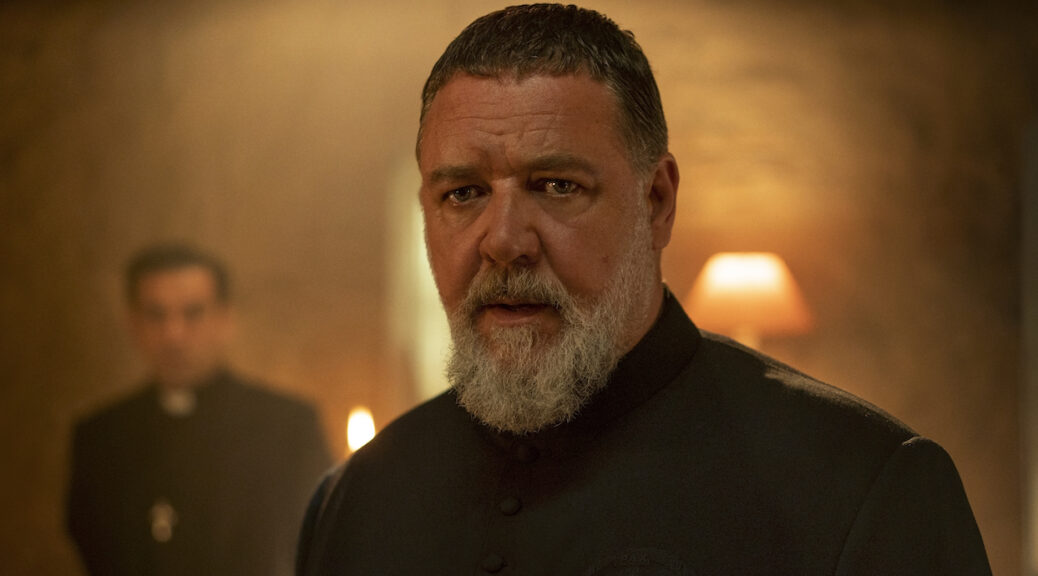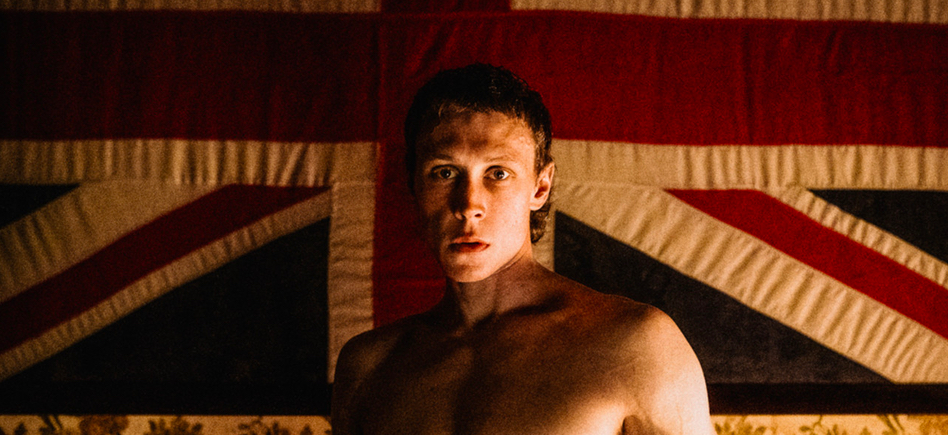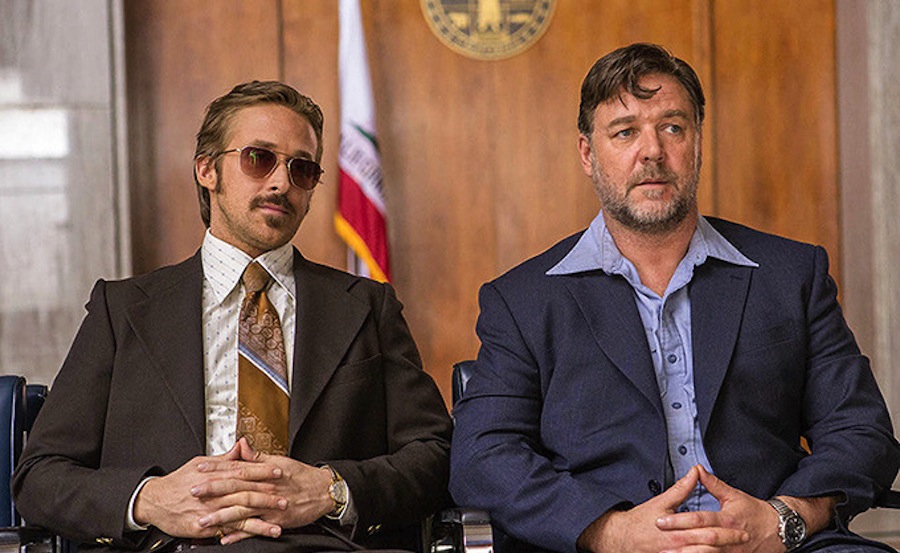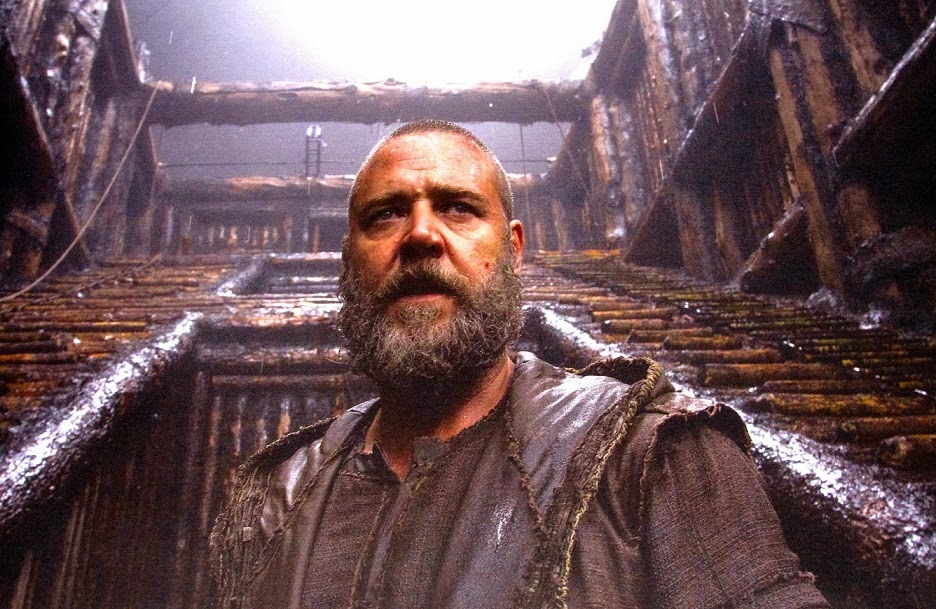The Pope’s Exorcist
by Hope Madden
Fair warning: I do tend to get in the weeds with these Catholic horror movies.
So, The Pope’s Exorcist.
Russell Crowe plays Fr. Gabriele Amorth, who was an honest to God exorcist based in the Vatican. He founded the International Association of Exorcists. For real, not in this movie. In this movie, he gets called to Spain to help an expat American family whose son is possessed.
The Pope’s Exorcist is the third possession film Michael Petroni has penned. Is that good news? He also wrote The Secret Lives of Alter Boys, the TV series Messiah, and The Chronicles of Naria: The Voyage of the Dawn Treader. (How is that relevant, you say? Aslan is lion Jesus. FYI.) Is the point that he knows his stuff? Or that most of those scripts aren’t very good?
Co-writer Evan Spilotopoulos has also written lukewarm Catholic horror (The Unholy). What you can expect from their script (also co-written by R. Dean McCreary in his first holy horror) is very little that’s truly original.
This is where Crowe comes in.
Crowe is great. He’s funny, clever, looks amazing on his little Vespa. Alex Essoe as the possessed boy’s mother Julia is stiff, her acting even less believable when she sits across the table from Crowe, who’s enjoying every moment of his own performance. As will you.
Franco Nero plays the pope. This marks the second time Nero has played the pope, which is hilarious to me. Anyway, that’s fun. And Ralph Ineson (The VVitch) is the voice of the demon, which is the most authentic casting ever.
The Pope’s Exorcist directly mentions that the Catholic church has been the cause of two of the greatest and longest lasting sources of human misery in history: the Inquisition and the history of rampant, institutional sexual abuse. Credit for that. The film’s resolution can’t be discussed because of spoilers, but battling your demons has rarely felt less feminist.
The Pope’s Exorcist doesn’t hold a candle to the diabolical military fun of director Julius Avery’s Overlord. There are too few surprises, the FX are so-so at best, and the outcome is never really in question. Plus, it treads too heavily on the popularity of The Conjuring’s universe of “this must be true because some Catholic person wrote it down, so let’s create a Holy Water franchise.”
Is it better than Petroni’s 2011 dumpster fire, The Rite? It is. Is it another movie that says men throughout the history of Catholicism have done evil things to the powerless around them, but the only way to correct this is to believe other men in the Catholic church? It is.
But Crowe is having a blast, and it’s infectious.









